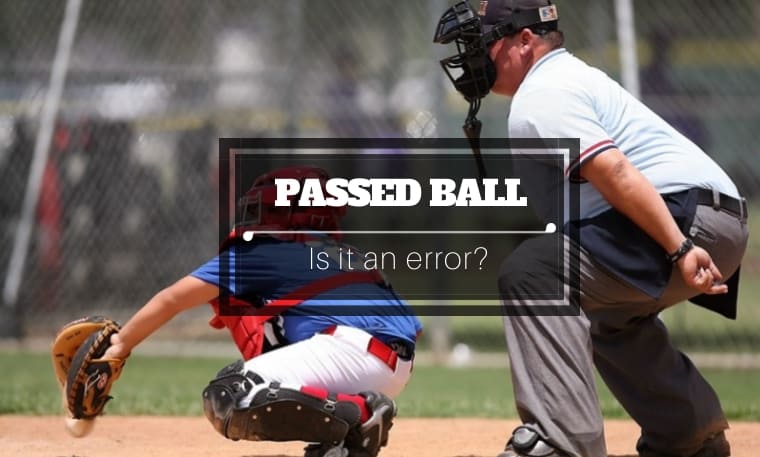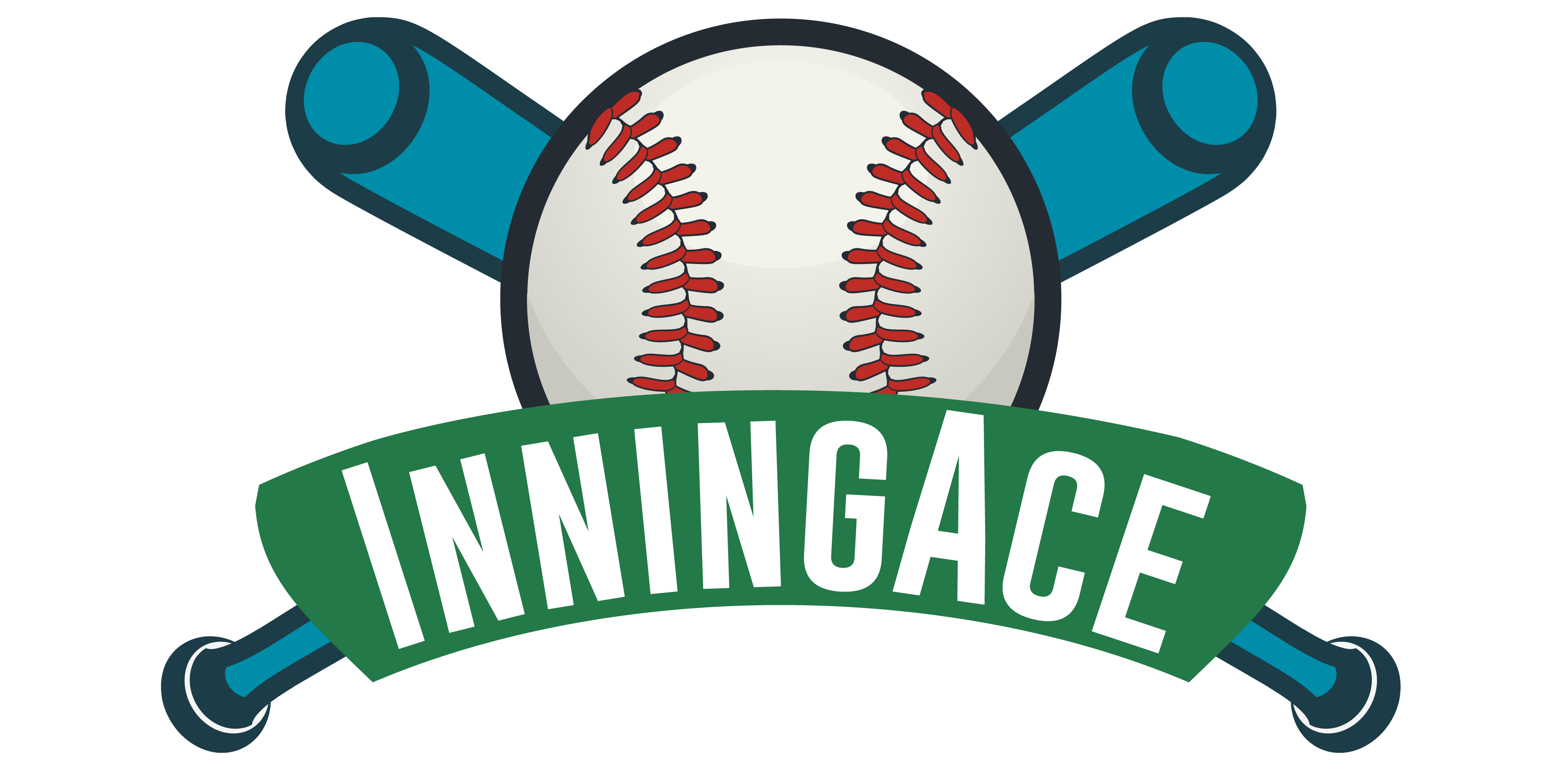Is a passed ball an error in baseball? Before we get to answering this question, let’s dive into some basic stuff you’ll need to know before you can understand why a passed ball isn’t an error in baseball and softball, but why some people might consider and think it to be an error.
The Catcher
The catcher in a baseball game is on the fielding team and designated to play behind home plate, to catch out any legal pitches that may be missed by the batter. Whenever a catcher catches a legal pitch, this is considered a strike on the batter, and three strikes mean the batter is out. After three outs that is the end of that inning and the teams switch sides.

Passed Ball
A passed ball is basically when the catcher catches a legal pitch, but then loses control and lets go of the ball. When this happens, the batter may proceed to run to the base. Another way a passed ball might be scored is when the batter runs to a base on a supposed passed ball swinging third strike.
A passed ball is not considered to be a stolen base unless the batter starts running before the pitcher begins the throw, but it’s also not considered an earned run, however, if any other batting players are already out on the bases and reach home plate, these can be considered earned runs. These rules also apply to Passed Balls in Softball.
Check this Video Out:
Errors in Baseball
This is when a fielder misplays a ball in which lets an at-bat continue after the batter should have been put out if it weren’t for the misplay, this results in a free base for the batter or a runner that is already out on the field.
A passed ball, much like a wild pitch, are both not considered to be errors because these are thought of as “acts of pitching” rather than fielding, and can be done on purpose when the situation calls for it. Since many baseball analysts have often been critical on the use of error as a skill for fielding, it has been added to the rule of error that forcing out a batter if the play isn’t available or failure to guard any base aren’t considered errors in baseball.
Wild Pitch vs. Passed Ball
Deciding whether a situation should be marked as a wild pitch or a passed ball is usually up to the scorers, so let’s take a closer look into the differences between the two very similar but game-changing traits of each move.
|
Wild Pitch |
Passed Ball |
|---|---|
|
|
|
|
Runs Batted In (RBI)
An RBI or a Run Batted In is when a batter scores a run in a legal play that is eligible to add to the run score. A run scored from a wild pitch is eligible to be marked as an RBI, but runs scored in passed balls are not considered to be an RBI.
Updated on
